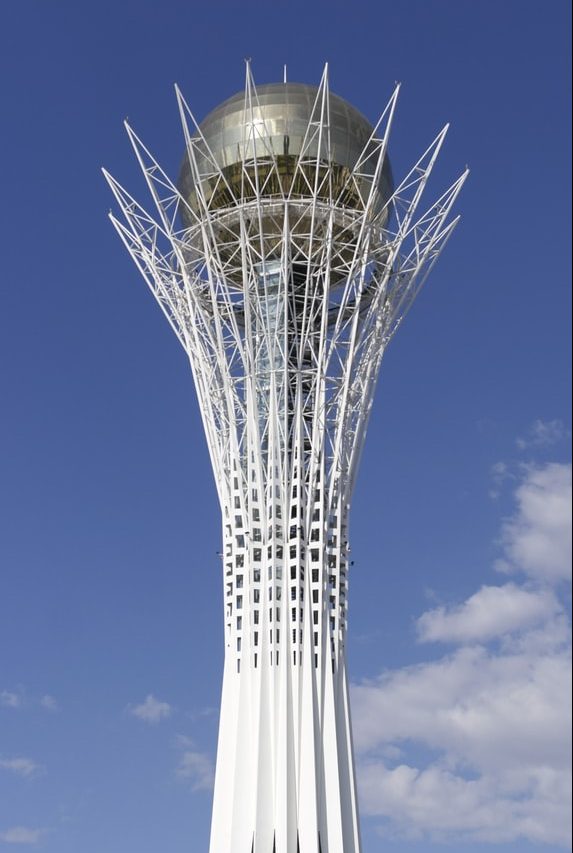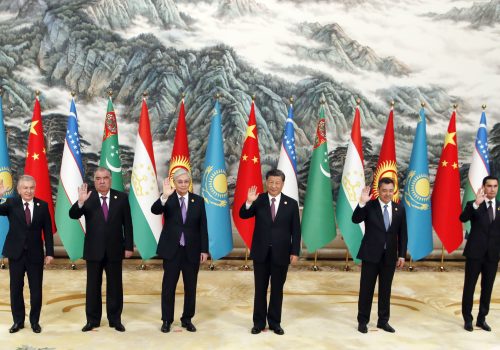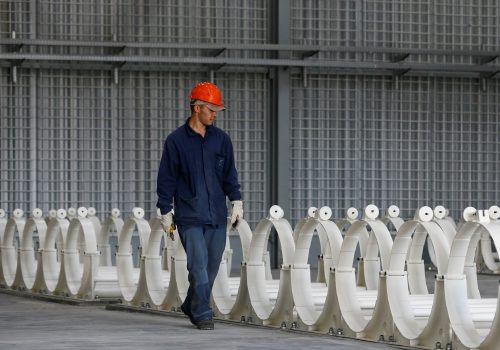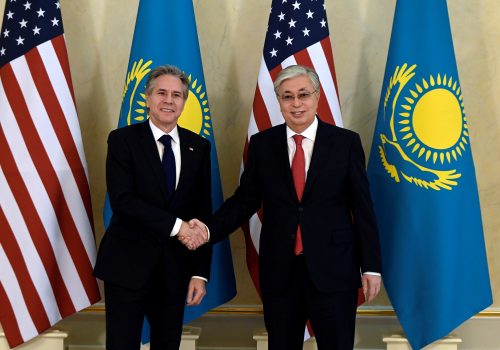Russia’s full-scale invasion of Ukraine has produced economic and political repercussions across the globe, including energy shortages and growing food insecurity. The war has forced Central Asian countries to seek opportunities to diversify their economies and reemphasize their independence from Moscow. Led by Kazakhstan, Central Asia also has the potential to mitigate the world’s energy and food shortages exacerbated by Russia’s war of aggression.
Russia’s weakened geopolitical position and the Western sanctions on its economy have opened up new opportunities for Central Asia to supply critical energy and food commodities to world markets. The Central Asian countries, including Kyrgyzstan, Tajikistan, Turkmenistan, and Uzbekistan, can all play a role in powering and feeding the world as energy and food markets to diversify away from Russia. Kazakhstan, as the region’s largest economy and its leading producer of oil and uranium is well-positioned to lead this transition.
A new Atlantic Council report, “Kazakhstan could lead Central Asia in mitigating the world’s energy and food shortages,” analyzes the potential for Kazakhstan and the wider Central Asian region to supply power and food to global markets in the wake of Russia’s full-scale invasion of Ukraine.
What are the most significant challenges facing Central Asia’s energy and food export potential? How can the West partner with Central Asian countries to increase exports and grow their economies? The Atlantic Council’s Eurasia Center launches this new report on the growing importance of Central Asian energy and food products in the global economy, featuring the report’s authors.
Speakers
Margarita Assenova
Senior Fellow
Jamestown Foundation
Ariel Cohen
Nonresident Senior Fellow, Eurasia Center
Atlantic Council
Wesley Hill
International Program Manager, Energy, Growth, and Security Program
International Tax and Investment Center
Moderated by
Follow us on social media
and support our work
spotlight

Between East and West
Central Asia
The Central Asian Republics—Kazakhstan, Kyrgyzstan, Uzbekistan, Tajikistan, and Turkmenistan—are located at the nexus of Russia, China, South Asia, and the Middle East. Leveraging their critical geography, these nations are renewing their role as the crossroads of trade between the West and Asia—resulting in significant economic development, especially in the sectors of energy and natural resources. While moves toward reform and democracy have been made since independence in 1991, corruption and human rights issues remain prevalent throughout the region.

The Eurasia Center’s mission is to promote policies that strengthen stability, democratic values, and prosperity in Eurasia, from Eastern Europe in the West to the Caucasus, Russia, and Central Asia in the East.



